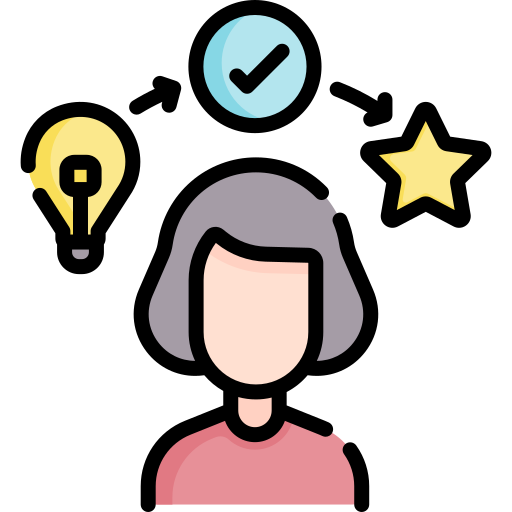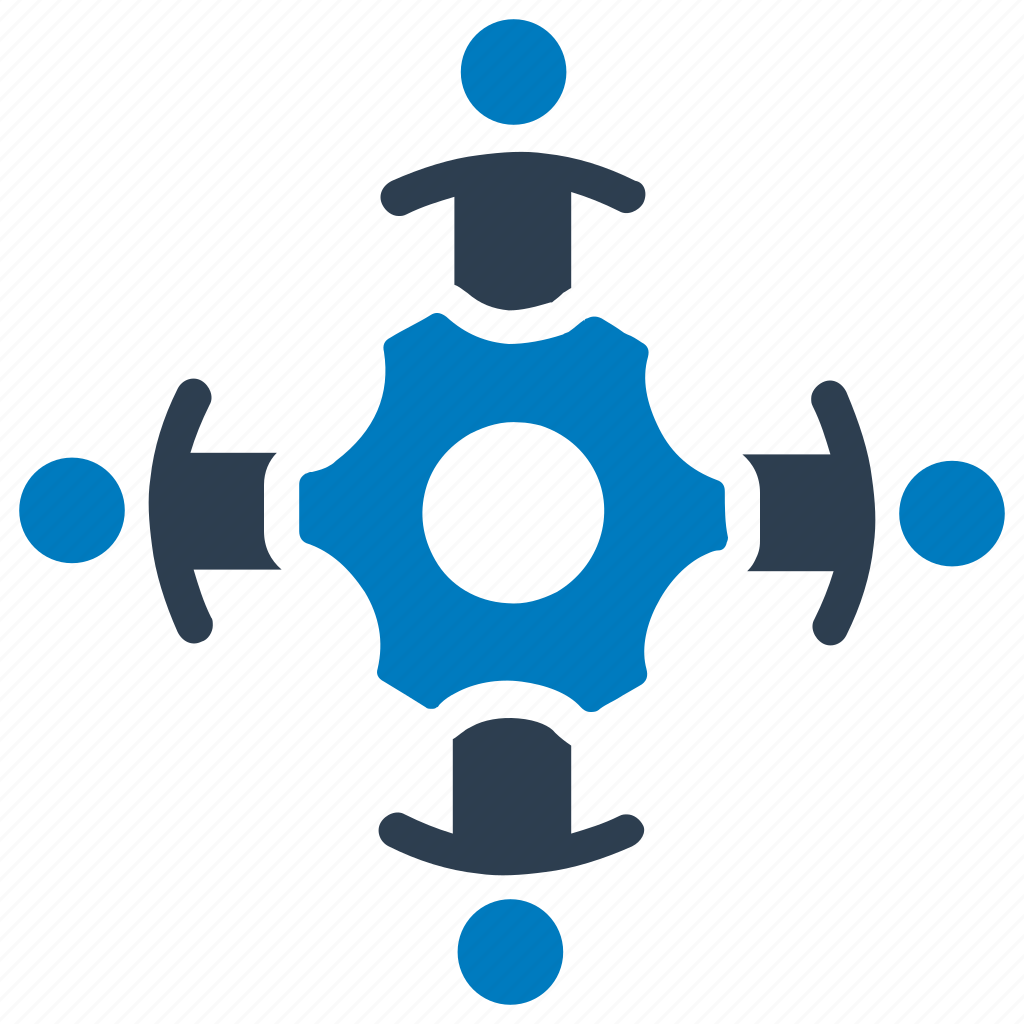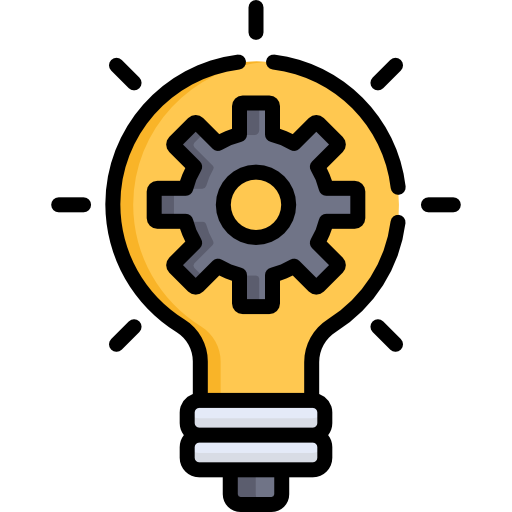-
Program Initiation & Orientation Introduction to project themes, assignment of roles and team responsibilities, and overview of the entire experiential journey.
-
Stage-Wise Project Development Projects divided into six progressive stages that mirror the lifecycle of professional product development.
-
Embedded Soft Skills Training Soft skills are not taught in isolation but strategically embedded within each project phase.
-
Continuous Evaluation Assessment is a continuous process, with technical assessments, soft skill evaluations, and AI-driven interview practice.
Learning Outcomes
-
Ability to convert vague business inputs into structured, actionable requirements.1
-
Professional-grade software components that adapt to real-world delivery time linests to Each List Item.2
-
Enhanced reliability and maintainability of software through quality assurance practices.3
-
Confidence to showcase work, handle critical feedback, and identify key growth areas.4
-
Ability to deliver a packaged, production-ready project following industry standards.5





